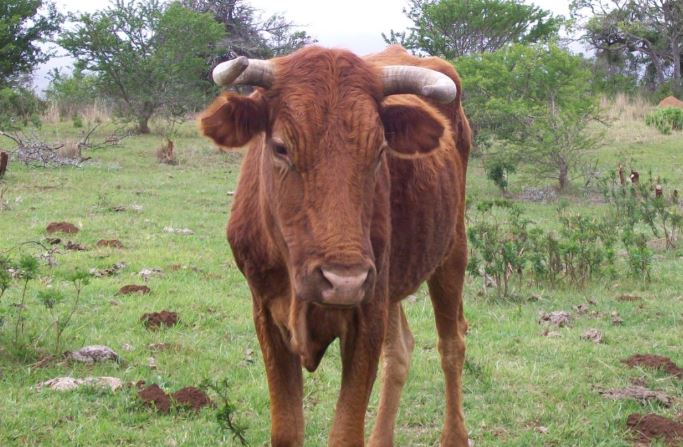×
The Standard e-Paper
Stay Informed, Even Offline

Hello Daktari, my name is Kibet. I am a livestock farmer based in Baringo County. I currently have 41 sheep, 53 goats and 20 cows which I keep as free range. The news of Rift Valley Fever outbreak in parts of the country are worrying me. In 2006, I lost a number of animals to the disease. The disease also claimed the veterinary doctor who used to attend to my animals. What can I do this time around to mitigate against any losses?